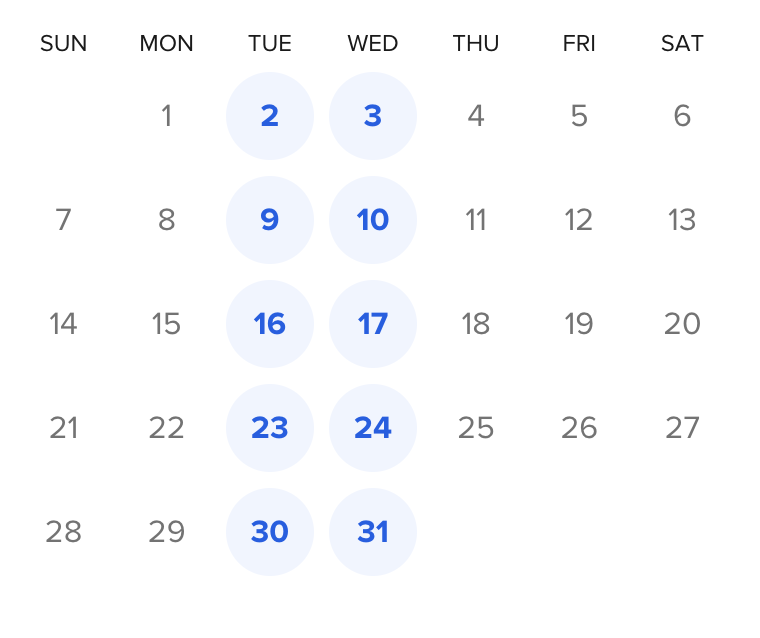Diabetes mellitus is a persistent condition that impacts numerous people worldwide. Although it can establish at any kind of age, very early detection is critical for effective monitoring and avoidance of problems. Comprehending the very early signs of diabetes can assist people acknowledge the warning signals and also look for medical focus without delay. In this short article, we will check out the principal signs and signs that may show the beginning of diabetes.
Enhanced Thirst and Regular Urination
Among the classic early indications of diabetes mellitus is enhanced thirst, clinically called polydipsia. Individuals experiencing this signs and symptom usually find themselves in a continuous state of thirst, no matter how much water they drink. Consequently, they may consume substantially bigger volumes of fluids.
Regular urination, or polyuria, is one more usual early indication of diabetes mellitus. It takes place when the body tries to eliminate excess sugar with pee. Individuals might find themselves having to pee much more regularly, including throughout the night (nocturia).

Feeling STUCK with JIRA / Agile ?
Schedule 1-on-1 Session with Anatoly and His Team and Get Instant HELP!!!!
Both polydipsia and polyuria can be credited to elevated blood sugar degrees, which create the kidneys to work harder to filter as well as take in the glucose, bring about enhanced urine manufacturing.
- Increased thirst, referred to as polydipsia
- Constant peeing, referred to as polyuria
Inexplicable Weight Management
Unusual weight management can be a very early indicator of diabetes, specifically for people with type 1 diabetic issues. The body’s lack of ability to effectively utilize sugar can result in the failure depanten tonic effect of fat and muscle cells for energy, resulting in weight loss.
This unexpected weight management might occur despite boosted hunger and food intake. If you discover a significant drop in weight without any noticeable reason, it’s important to consult a medical care expert for proper evaluation and diagnosis.
Increased Hunger
While weight management is frequently associated with diabetes, some people might experience enhanced cravings, likewise called polyphagia. This symptom is more typical in people with type 2 diabetic issues and is brought on by insulin resistance.
Insulin resistance impairs the body’s capacity to soak up glucose, resulting in elevated blood glucose degrees. In response, the body creates more insulin, but the cells fall short to respond properly. This insulin resistance can cause appetite pangs and food desires, also soon after consuming.
- Unusual weight management
- Raised cravings, referred to as polyphagia
Exhaustion as well as Weakness
Really feeling exceedingly exhausted or experiencing constant tiredness is one more typical very early indicator of diabetic issues. High blood sugar degrees can interfere with the body’s power production, leading to sensations of fatigue as well as weak point.
Furthermore, increased urination and also dehydration related optiheart opiniones to diabetes can add to tiredness. If you regularly really feel tired despite obtaining enough rest as well as rest, it is a good idea to take into consideration obtaining tested for diabetic issues.
Other Prospective Very Early Indicators of Diabetes Mellitus:
Along with the primary signs and symptoms outlined over, several various other indications may recommend the possibility of diabetes. It is essential to keep in mind that these signs and symptoms may vary among people and can show up differently depending on the sort of diabetic issues.
Various other possible very early signs of diabetes mellitus consist of:
- Obscured vision
- Skin infections
- Slow-healing injuries
- Reoccurring infections, such as yeast infections
- Prickling or pins and needles in the hands or feet
- Irritation or state of mind swings
If you experience any of these symptoms or a mix of them, it is essential to consult a medical care professional for a thorough assessment and also diagnosis. Early detection and also appropriate management of diabetes mellitus can dramatically boost long-term outcomes as well as quality of life.
Remember, this article acts as an informative source as well as ought to not replace professional medical recommendations. Constantly speak with a medical care professional for precise medical diagnosis and support.
